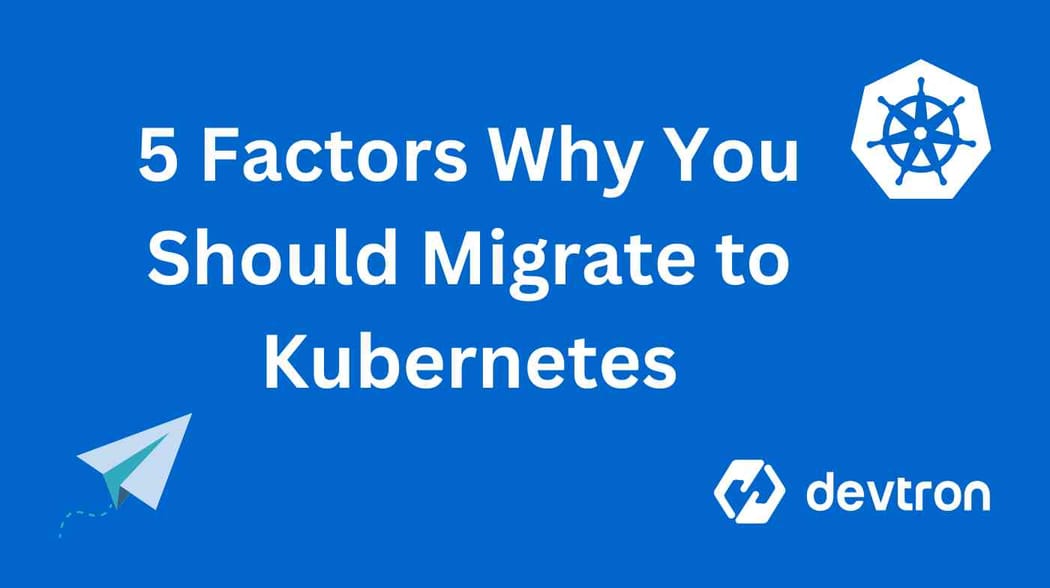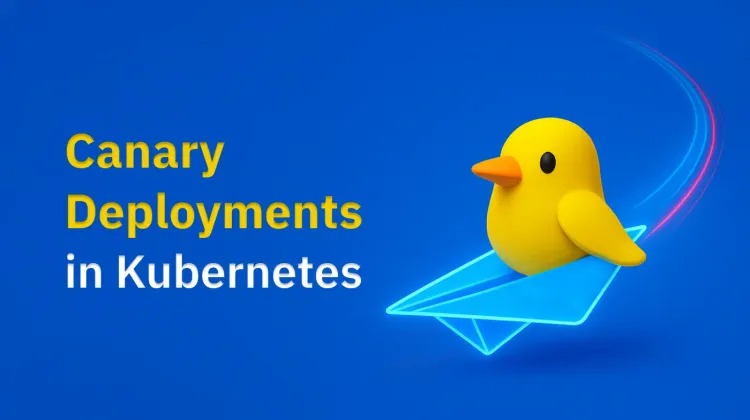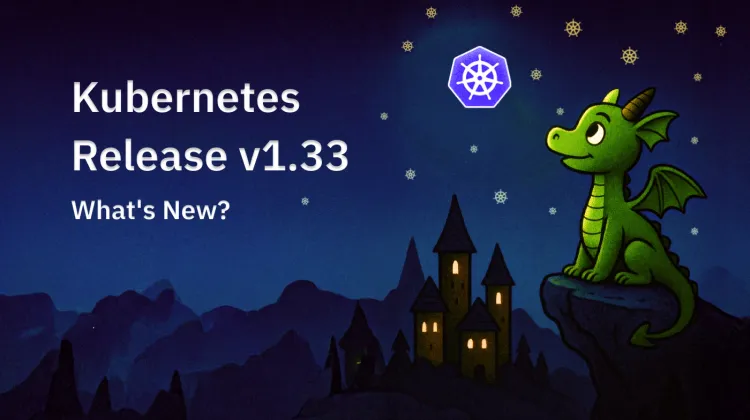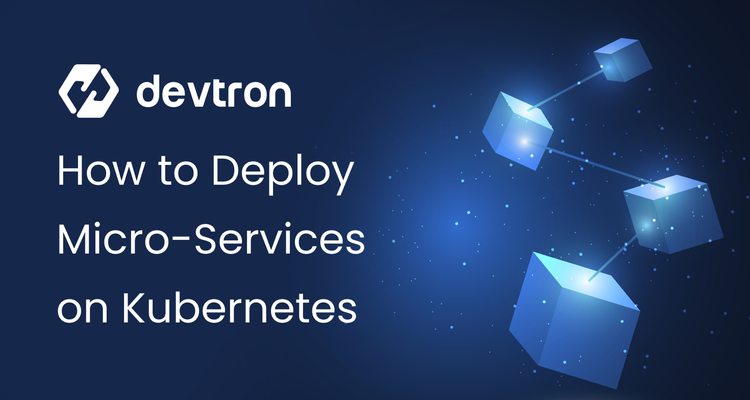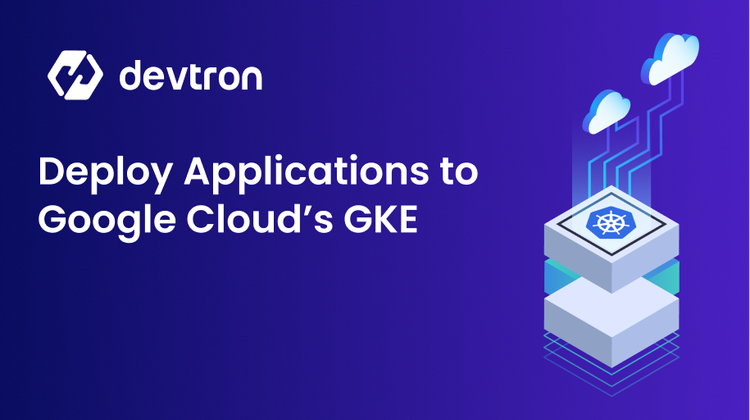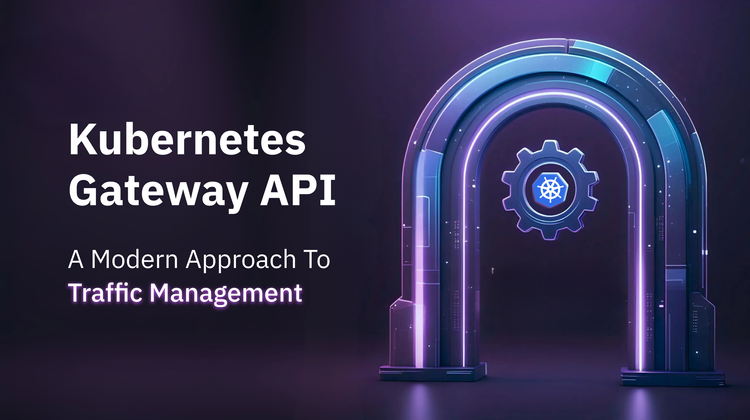Introduction
As per the 2021 CNCF survey, 96% of the organizations surveyed either use or evaluate Kubernetes. Kubernetes is a brilliant container orchestration tool because it helps developers and engineers manage containers, load balancing, monitoring, scaling, automating rollbacks, and much more. However, using Kubernetes takes work to use. Recollecting our experiences with multiple organizations , we have curated a list of the primary challenges you will encounter before migrating to Kubernetes. The list should help you make a decision based on your business demands.
Thinking about migrating to Kubernetes? While the benefits—scalability, automation, and resilience—are clear, a smooth transition requires careful planning. From assessing application compatibility to managing costs and security, several key factors can impact the success of your migration. Let’s dive into the five critical considerations to ensure a seamless move to Kubernetes
1. Open Source
One of the fundamental reasons you can consider Kubernetes is that it is open-source. Kubernetes is the second largest open-source project after Linux. Many big companies and startups these days are moving to Kubernetes. Most major cloud providers have offerings on top of Kubernetes, like Amazon EKS, GKE, etc. Apart from the cloud-specific vendors, a large open-source community is developing Kubernetes.
But choosing an open-source product means organizations must consider licensing and support to ensure business continuity.
2. Micro-services Driven
Most organizations are adopting the micro-services architecture. The adoption is driven because of its benefits and flexibility for the development teams. The teams can scale their applications efficiently, and it has a wide range of integrations. While deploying on top of Kubernetes offers substantial benefits like self healing and auto-scaling infrastructure.
While working on Kubernetes, you can ship your products fast and achieve faster GTM.
3. Ready for the Future
Organizations want their IT infrastructure not to become outdated every year. With the current rise in modern technology, everyone is looking towards Kubernetes because building on top of Kubernetes is safe and enables teams to scale infrastructure hassle-free.
4. Cost
Whether you are a startup or a large enterprise, the cost of adoption is the first thing associated with Kubernetes. Specialized Kubernetes-focused teams are needed to manage your cluster. Public clouds provide managed Kubernetes, but they may not be that cost-effective over time. Be frugal and manage Kubernetes in-house by taking a long-term view.
Using tools like Opencost when using the Public cloud can give you visibility of your cloud spending, thus helping you manage your monthly bills.
5. Growing Projects around Kubernetes
We acknowledge that Kubernetes is not simple. While the adoption of Kubernetes is snowballing, the ecosystem around Kubernetes is also extending. If you look at the CNCF landscape, then, almost every quarter, new projects are getting added, and most of the projects are built on top of Kubernetes leveraging its extensibility.
These projects built on or over Kubernetes are specialized and perform specific actions that may be difficult to achieve with a vanilla Kubernetes installation.
For example, If you've already instrumented your code using Prometheus, you can quickly get more insights as metrics using the Prometheus operator. Even if you've not installed Prometheus, there are tools like pixie that will give you out-of-the-box metrics and visualization of your workloads and networking around your workloads.
Overcoming common Kubernetes migration challenges with Devtron
- Simplified Learning Curve: The complexity of Kubernetes can be daunting. Devtron simplifies the nitty-gritty with a user-friendly interface that accelerates team proficiency.
- Streamlined Containerization: It is not straightforward to move apps into containers. Devtron offers mechanisms through which this can be made smoother.
- Integrated Security Controls: It is crucial to have security while migrating. Devtron incorporates security scan integrations, which detect the vulnerabilities early enough during the development phase
Experience smooth Kubernetes operations with Devtron.
Get Started with Devtron →Conclusion
Migrating to Kubernetes opens up a lot of opportunities for organizations. But teams in these organizations must assemble a good understanding of Kubernetes to manage resources. If you select the right tools & right people, then it will save time and give you a good headwind in your journey towards adopting Kubernetes. It may look daunting initially, but Platform Engineering has simplified the learning curve.

With Devtron, you don't have to worry about migration. Devtron is a tool integration platform built on top of Kubernetes to manage the complexities that developers face while building on Kubernetes and helps you build, test, deploy and debug your applications without concerning about the domain complexities. The ease of getting started with Devtron is effortless, and the learning curve is minimal. Give Devtron a try, and we're there to help you in the community channels on our Discord.
Continue to learn more about Kubernetes by reading "Understanding Kubernetes: 4 Essential Aspects to Know".


